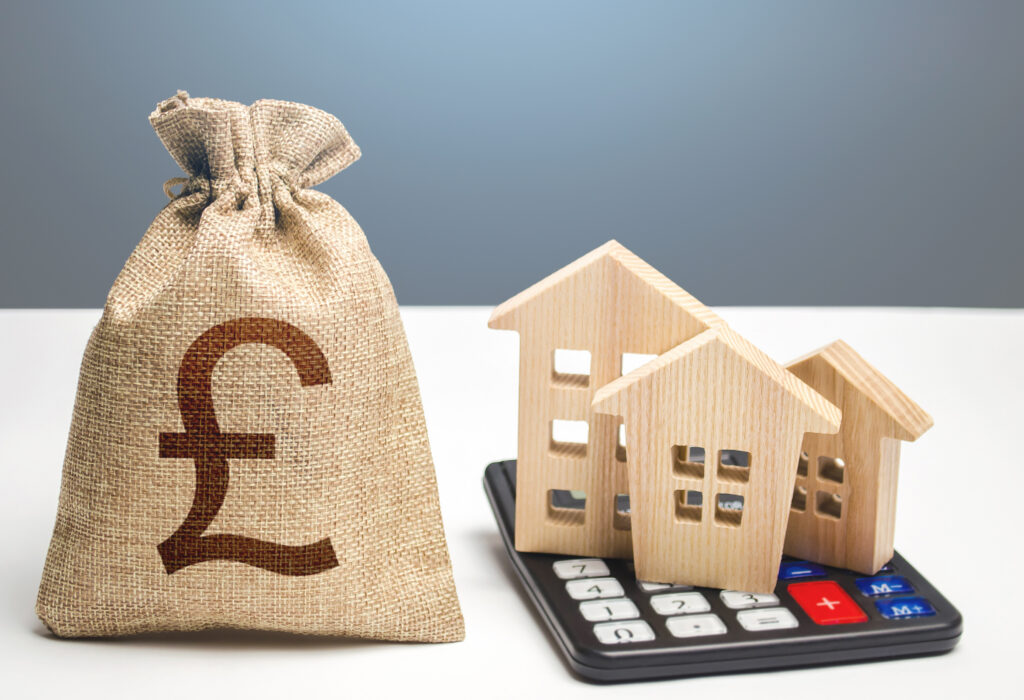Navigating the complexities of property ownership in the UK can be a daunting task, especially when it comes to understanding the intricacies of leasehold properties. One of the key concepts leaseholders should be aware of when considering selling or extending the lease on their property is ‘marriage value’. This somewhat misunderstood term can significantly impact the financial aspects of handling leasehold properties.

Understanding Leasehold
In the UK, owning a ‘leasehold’ property means you have the right to occupy a residential property for a set number of years as stipulated in a lease. This lease agreement is usually long term, often starting from 99 to 125 years, but sometimes extending to as long as 999 years.
Introduction to Marriage Value
Marriage value represents the potential increase in the value of a leasehold property after a lease extension or freehold purchase, reflecting the added marketability and desirability of a property with a longer lease. Crucially, marriage value only comes into consideration when the remaining term of the lease falls below 80 years.
Why the 80-Year Threshold Matters
When a leasehold property’s remaining term drops under 80 years, an additional cost element comes into play in the valuation under the Leasehold Reform, Housing and Urban Development Act 1993: the marriage value. This concept is based on the principle that combining the leaseholder’s and freeholder’s interests (i.e., ‘marrying’ the interests) will result in a property value that’s greater than their individual sums.
Calculating Marriage Value
The process of calculating marriage value is intricate and involves several steps. It commences with a valuation of the property with the current lease terms versus the value with an extended lease. The increase in value represents the ‘marriage value’, and it is effectively split 50:50 between the leaseholder and the freeholder.
To ensure fairness and accuracy, it is advisable to engage a professional surveyor with experience in leasehold reform valuation. They will consider various factors, including the current property value, ground rent, and the duration of the remaining lease, to provide a comprehensive report.
Impact on Selling Your Leasehold Property
The implications of marriage value on a sale can be substantial. Prospective buyers are often wary of properties with shorter leases due to the impending cost implications and potential difficulties in securing mortgage finance. Consequently, properties with less than 80 years remaining on the lease can be significantly less attractive, impacting both saleability and price.
Conversely, understanding and capitalising on the marriage value could benefit leaseholders. By extending the lease before the 80-year mark, you not only avoid the marriage value costs but also enhance the property’s market appeal.
Navigating Through the Lease Extension Process
Extending your lease can be a complex process, filled with legal nuances and potential pitfalls. It typically involves:
- Professional Valuation: Having an accurate market valuation not only sets expectations but is also a valuable negotiation tool.
- Notice of Claim: This formal notice, served to the freeholder, begins the legal process. It’s essential to ensure this document is correctly prepared and served to avoid any legal setbacks.
- Negotiation and Agreement: Both parties will discuss the terms of the lease extension, possibly involving counter-notices and negotiation periods, aiming to agree on a fair price.
- Completion: Once terms are agreed, new lease deeds are drawn, and, upon their execution, the process is complete. The new lease terms, including the extended duration, are then legally binding.
Seeking Expert Advice
Given the complexities surrounding marriage value and the lease extension process, seeking professional advice is crucial. Experienced solicitors and surveyors can guide you through the legal maze, ensuring all procedural requirements are met, and helping negotiate the most beneficial terms.
If you’re considering selling your leasehold property or extending your lease, understanding the concept of marriage value and its financial implications is vital. The expertise of seasoned professionals can make a significant difference in navigating these waters effectively. Contact us today for comprehensive support and guidance tailored to your property needs. Let’s ensure you are positioned advantageously, whether extending a lease or entering the property market.











